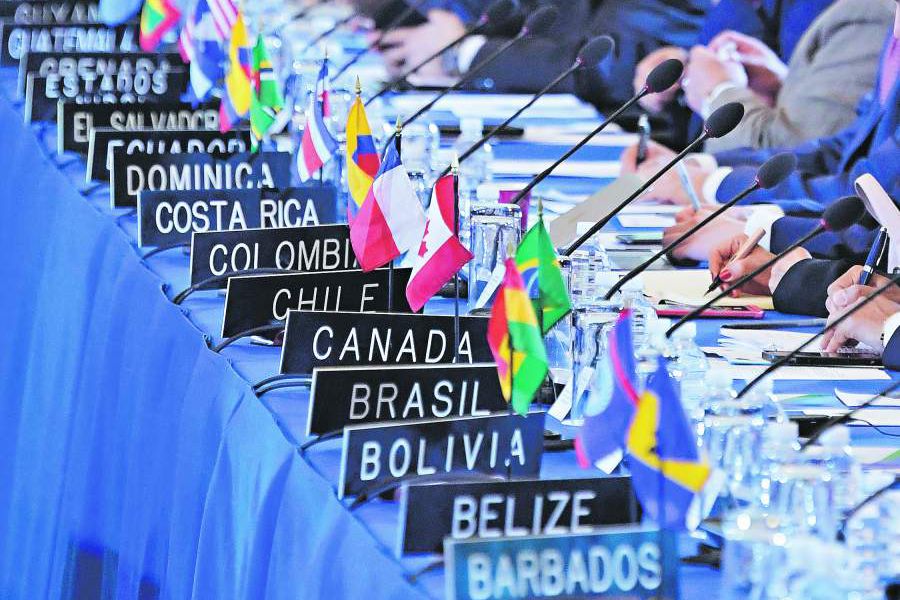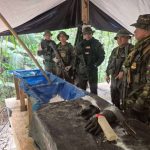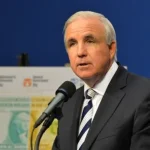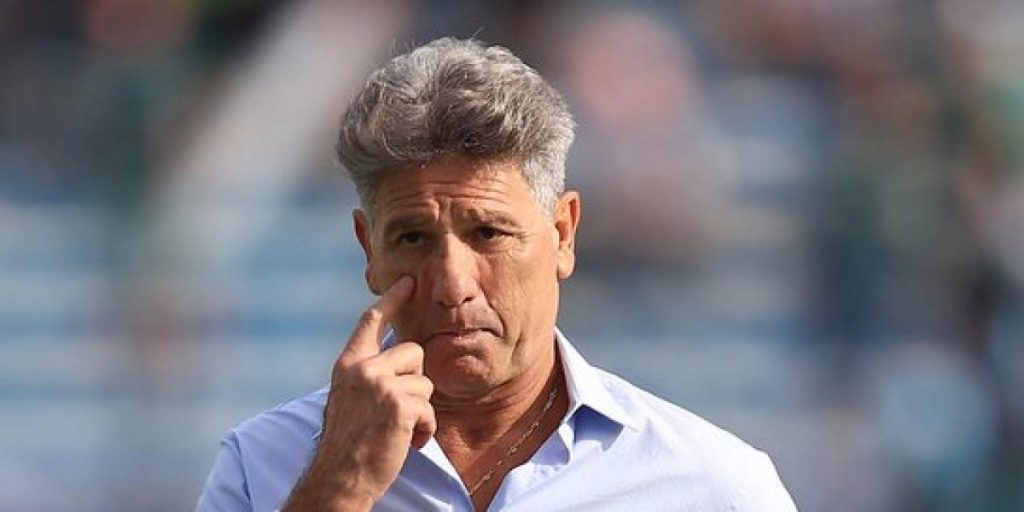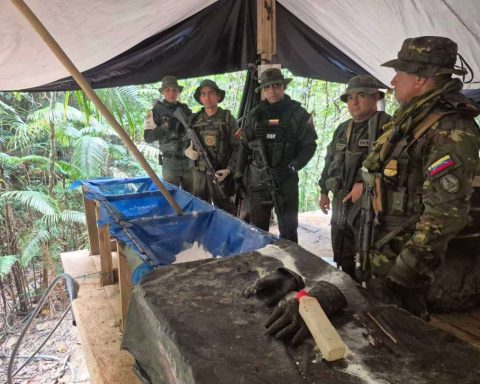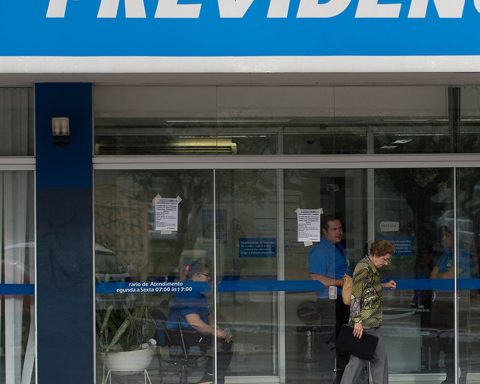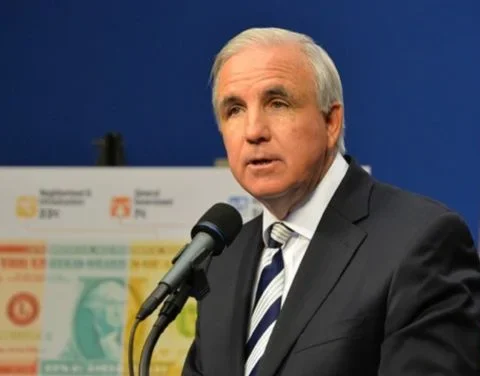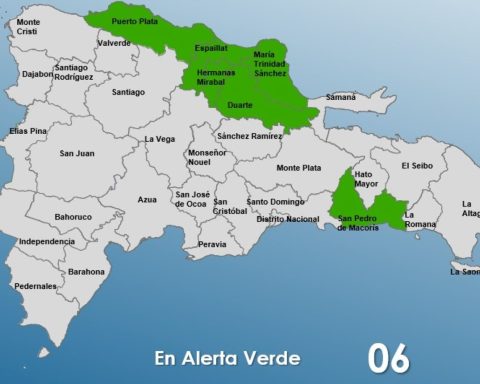On Monday, November 29, the Permanent Council of the Organization of American States (OAS) carried out a “collective evaluation” on the Nicaraguan crisis. No decision was taken at the meeting, but the majority of representatives of the member states suggested “undertaking” more diplomatic negotiations in Nicaragua.
Diplomatic efforts could include the creation of a high-level commission to visit the country and promote the “normalization of democratic institutions,” as established in Article 20 of the Inter-American Democratic Charter.
The collective appreciation was in compliance with the resolution “The situation in Nicaragua” adopted on November 12 at the 51st General Assembly of Foreign Ministers of the OAS, held virtually.
In that same resolution, the OAS declared – with 25 votes in favor, one against, seven abstentions and one absence – that the Nicaraguan elections of November 7 “They were not free, fair or transparent and they do not have democratic legitimacy.”
In these elections, President Daniel Ortega Saavedra was re-elected for the third consecutive time —second with his wife Rosario Murillo as vice president—; However, on this occasion, the Sandinista leader appeared without political competition, after imprisoning the main opposition candidates, and without democratic guarantees.
Almagro: “Keep pressing”
During the virtual meeting, the Secretary General of the OAS, Luis Almagro, urged the international community to continue pressuring Ortega, so that Nicaragua “can resume the path of democracy.”
“The international community must strengthen its pressure mechanisms, those that are bilateral, those that are multilateral, those that have to do with financial organizations, and those that have to do with political multilateralism. We must continue working so that Nicaragua can resume the path of democracy, ”Almagro said.
The only possible route to #Nicaragua it is the holding of new elections with a process with guarantees, qualified electoral observation and true electoral competition within the framework of a State that respects human rights.
My words in the @CP_OEA
(2/2) pic.twitter.com/YcCMurSwDF– Luis Almagro (@ Almagro_OEA2015) November 29, 2021
He considered that the OAS should continue to “play a strong and forceful role” in demanding “free and transparent” elections and the release of political prisoners, in addition to “promoting” any possible dialogue between the opposition and the Ortega government.
Nicaraguan exit from the OAS
This was the first meeting of the Permanent Council to discuss the Nicaraguan crisis, after the Ortega and Murillo regime announced on November 19 his departure from the regional body, allegedly and “constant interference attitudes” of the OAS.
US Representative Bradley A. Freden commented that the regime’s announcement “is nothing more than a ruse, designed to buy time in the hope that time will weaken the resolve of member states.”
The withdrawal from Nicaragua will be official and effective until November 2023, since the process lasts two years, for which there is the possibility that Nicaragua will be suspended before that period. In addition, during this period, the Government must comply with all its political and financial obligations with the regional body.
In its 70-year history, the OAS It has only suspended the States of Cuba and Honduras, the latter was later reinstated.
The last collective appreciation of the OAS was on Venezuela, in March 2017. A month later, the Venezuelan President, Nicolás Maduro, denounced the Charter of the OAS to remove Venezuela. However, the process was not completed because a re-election of Maduro was unknown by the regional body, and instead they recognized as interim president Juan Guaidó, then president of Parliament, who appointed a new representative.
